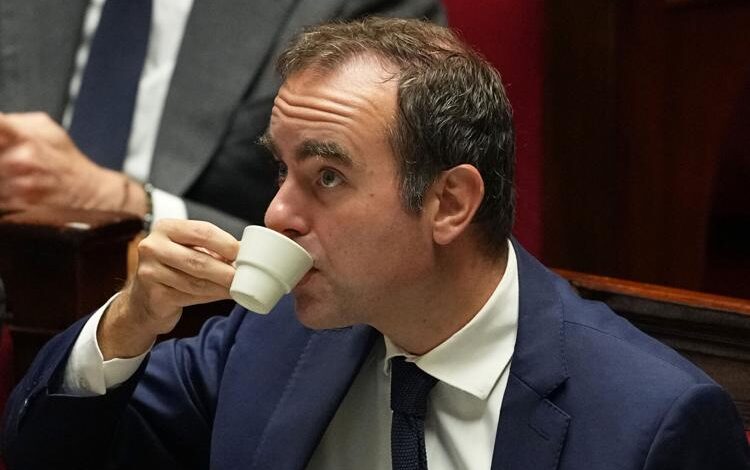French PM Sébastien Lecornu Survives No-Confidence Votes, Faces Budget Challenge

French Prime Minister Sébastien Lecornu successfully navigated two no-confidence votes on October 12, 2023, that threatened to destabilize his government. The votes, held in the National Assembly, were crucial in determining Lecornu’s ability to lead France’s second-largest economy through a challenging budget process before the year’s end.
The first motion, put forth by the hard-left France Unbowed party, was defeated by 18 votes, garnering 271 supporters against the required majority of 289. The second motion, led by Marine Le Pen and her far-right National Rally, received only 144 votes, far short of a majority needed for success.
Lecornu’s survival alleviates immediate pressure on President Emmanuel Macron, who had indicated that he might dissolve the National Assembly and call for snap elections if Lecornu had fallen. Such a move would have represented a significant risk in an already turbulent political landscape.
In the wake of the no-confidence votes, Lecornu must now confront the daunting task of securing a budget for 2026. He faces a divided Parliament that has shown deep partisan divisions, complicating negotiations over tax increases and spending cuts. To gain the necessary votes to remain in power, Lecornu has suggested suspending the highly unpopular 2023 pension reform, which aims to gradually raise the retirement age from 62 to 64. This proposal has momentarily won over some lawmakers from the opposition Socialist Party, where just seven members voted against Lecornu’s government.
The Socialist Party holds 69 seats in the National Assembly, and had they united against Lecornu, the outcome could have shifted dramatically. The conservative Republicans, with 50 seats, also opted not to support the no-confidence motions, with only one member voting for Lecornu’s removal.
Despite these victories, Lecornu’s position remains precarious. The potential for a future no-confidence vote looms, particularly if budget negotiations do not yield favorable outcomes for opposition parties. Lecornu has committed to not utilizing a special constitutional power that would allow him to push the budget through without parliamentary approval, a method previously employed by Macron’s administration to implement the 2023 pension reform amid widespread protests.
As Lecornu embarks on the challenging task of building consensus within a fragmented Parliament, the stakes are high. Addressing France’s growing state deficit and debt will require careful negotiation and cooperation among various political factions. The next few weeks will be critical in determining whether Lecornu can stabilize his government and successfully guide the budget through the legislative process.






